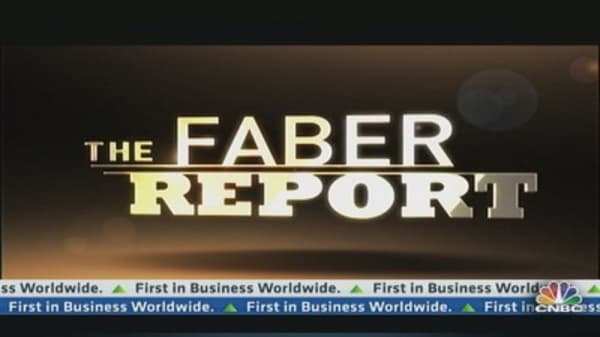War of Words
Dell's special committee has warned that the stock might drop to anywhere between $8.67 and $5.85 if shareholders reject the buyout, leaving them with a company in decline as consumers continue to snub desktop and laptop computers in favor of tablets and smartphones.
The war of words continued on Tuesday with Dell's special board committee publishing a letter to the company's shareholders reiterating its position that Icahn's proposal would be too risky for them because it calls for saddling the company with debt while leaving it public.
Icahn hit back by releasing consolidated statements of income that he said showed how the company would still be viable if his proposal was adopted. His partner Southeastern issued a statement claiming Wall Street analysts who have been downbeat on Dell have previously got their estimates on the valuation of its peer Hewlett-Packard wrong.
Earlier on Tuesday, CNBC reported that BlackRock, which has a stake in Dell of more than 3 percent, was likely to vote against the buyout. A BlackRock spokesman declined to comment.
On Monday, T. Rowe Price Group, which has a roughly 4 percent stake in Dell, affirmed its opposition to the buyout through a statement.
Many other shareholders, including Highfields Capital Management, Pzena Investment Management and Yacktman Asset Management, have also said they would vote against the offer because they see it as too low.
(Read more: Dell vote is going to be a nail-biter)
Nevertheless, all three major shareholder advisory firms have recommended Michael Dell's offer, potentially influencing the decisions of a plethora of small mutual funds that typically follow their lead.
Icahn has argued since March that Dell's founder is trying to steal the eponymous company away from shareholders almost 30 years after he founded it with just $1,000.
Icahn and Southeastern announced their latest alternative offer for Dell last week. It calls for a buyback of up to 1.1 billion shares at $14 apiece and a Dell warrant offered for every four shares held.
Each warrant would entitle the holder to buy one Dell share for $20 each within the next seven years.
Icahn estimates the value of his latest offer at $15.50 to $18 per share. But for his proposal to be put forward for consideration by Dell shareholders, he must first succeed in having Michael Dell's offer voted down and then win enough shareholder support to replace the members of Dell's board with his own nominees.




